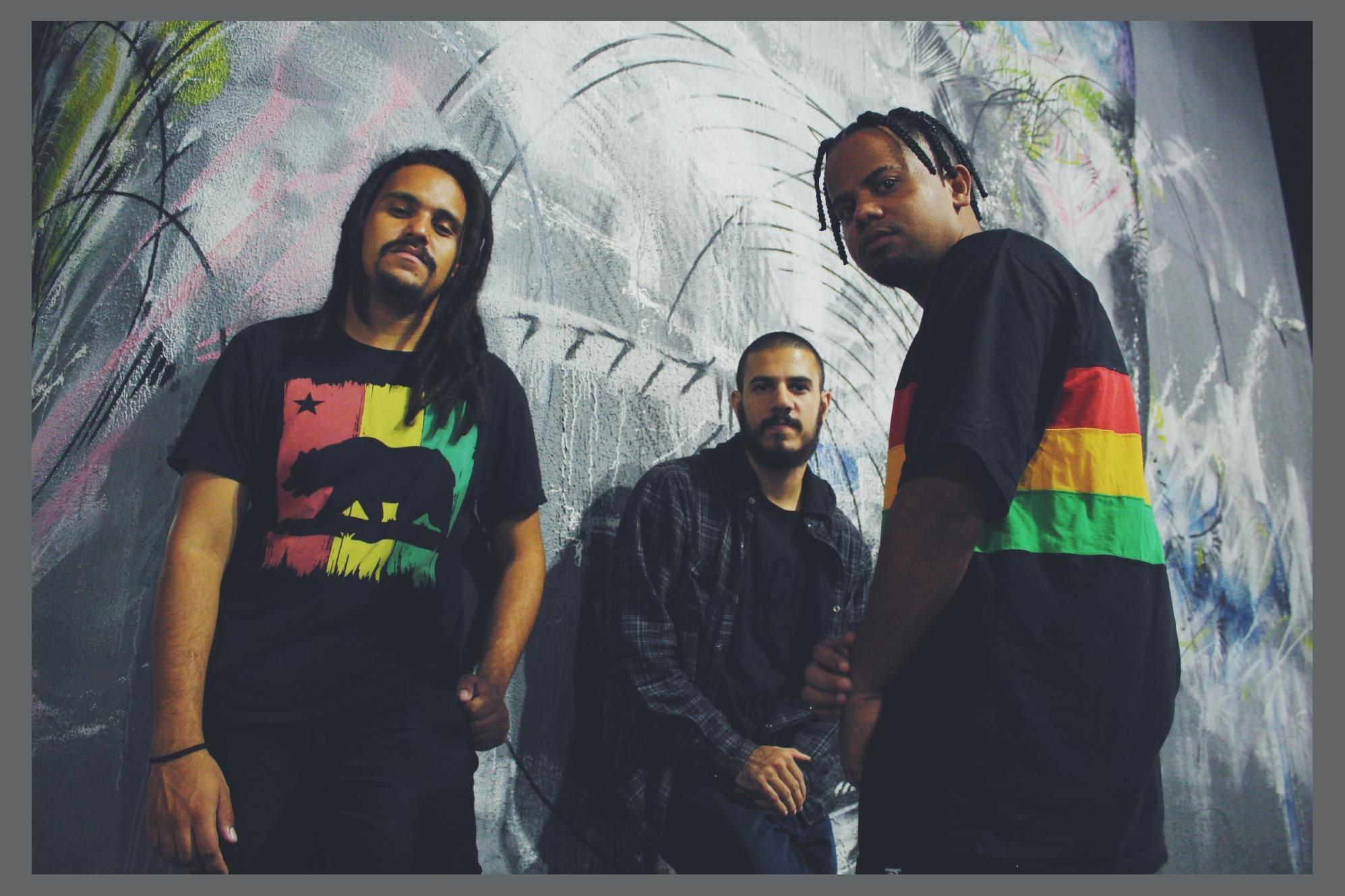 O Salve
O Salve
O Salve: The Pioneers of Brazilian Reggae
In the vibrant musical tapestry of Brazil, O Salve emerged as pioneers of reggae, crafting a unique sound that resonated with generations. Their anthems, such as the iconic "Garapuvu," transcended borders and became symbols of the genre's global reach.
Origins and Members
O Salve was founded in 1983 in Florianópolis, a coastal city in southern Brazil. The founding members included vocalist Paulinho Boca de Cantor, guitarist Beto Bertrami, bassist Pedro Cavalcanti, and drummer Flavinho Souza. Their shared passion for reggae and the desire to create music that reflected their experiences as coastal dwellers fueled their creative drive.
Challenges and Controversies
As pioneers of reggae in Brazil, O Salve faced challenges in establishing their sound in a country dominated by more traditional genres. However, their unwavering determination and the infectious grooves of their music gradually won over audiences.
Their lyrics, often imbued with social and environmental consciousness, also sparked controversy. In particular, their song "A Amizade" (Friendship) was banned from radio stations due to its explicit critique of police brutality. Undeterred, O Salve continued to use their music as a platform for social commentary.
Discography
O Salve's prolific discography spans over three decades and includes numerous albums, EPs, and live recordings. Their debut album, "O Salve," released in 1988, established their unique brand of Brazilian reggae. Subsequent albums, such as "Reggae na Terra do Samba" (1991), "Só pra Curtir" (1993), and "O Samba Reggae do Brasil" (1997), further cemented their status as reggae innovators.
Legacy and Impact
O Salve's influence on the Brazilian music scene is undeniable. They paved the way for a new generation of reggae artists and helped establish the genre as a staple in the country's musical landscape. Their songs have become anthems of unity, love, and social justice, resonating with fans across generations.
Today, O Salve continues to perform to sold-out crowds, their infectious rhythms and socially conscious lyrics captivating audiences worldwide. Their legacy as pioneers of Brazilian reggae will forever be etched in the annals of music history.
In the vibrant musical tapestry of Brazil, O Salve emerged as pioneers of reggae, crafting a unique sound that resonated with generations. Their anthems, such as the iconic "Garapuvu," transcended borders and became symbols of the genre's global reach.
Origins and Members
O Salve was founded in 1983 in Florianópolis, a coastal city in southern Brazil. The founding members included vocalist Paulinho Boca de Cantor, guitarist Beto Bertrami, bassist Pedro Cavalcanti, and drummer Flavinho Souza. Their shared passion for reggae and the desire to create music that reflected their experiences as coastal dwellers fueled their creative drive.
Challenges and Controversies
As pioneers of reggae in Brazil, O Salve faced challenges in establishing their sound in a country dominated by more traditional genres. However, their unwavering determination and the infectious grooves of their music gradually won over audiences.
Their lyrics, often imbued with social and environmental consciousness, also sparked controversy. In particular, their song "A Amizade" (Friendship) was banned from radio stations due to its explicit critique of police brutality. Undeterred, O Salve continued to use their music as a platform for social commentary.
Discography
O Salve's prolific discography spans over three decades and includes numerous albums, EPs, and live recordings. Their debut album, "O Salve," released in 1988, established their unique brand of Brazilian reggae. Subsequent albums, such as "Reggae na Terra do Samba" (1991), "Só pra Curtir" (1993), and "O Samba Reggae do Brasil" (1997), further cemented their status as reggae innovators.
Legacy and Impact
O Salve's influence on the Brazilian music scene is undeniable. They paved the way for a new generation of reggae artists and helped establish the genre as a staple in the country's musical landscape. Their songs have become anthems of unity, love, and social justice, resonating with fans across generations.
Today, O Salve continues to perform to sold-out crowds, their infectious rhythms and socially conscious lyrics captivating audiences worldwide. Their legacy as pioneers of Brazilian reggae will forever be etched in the annals of music history.